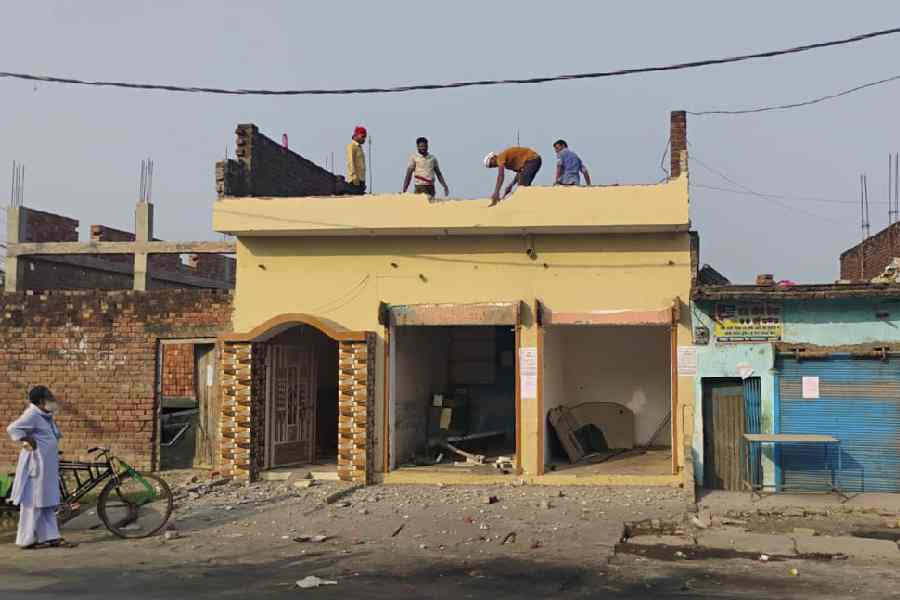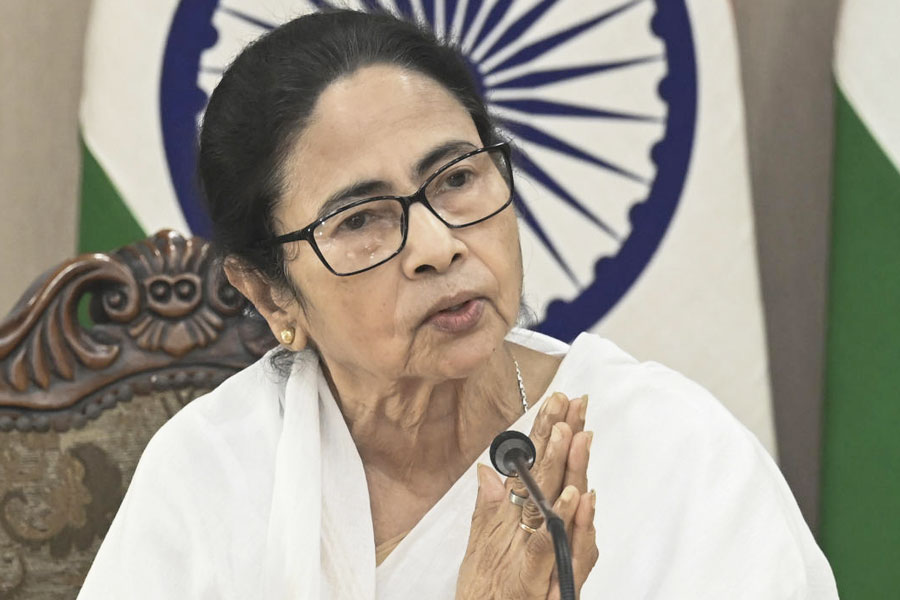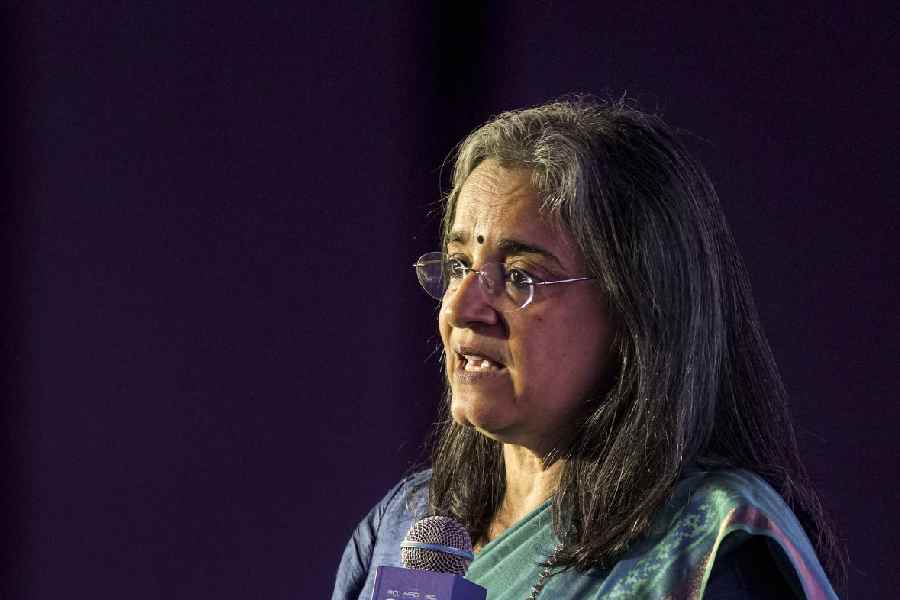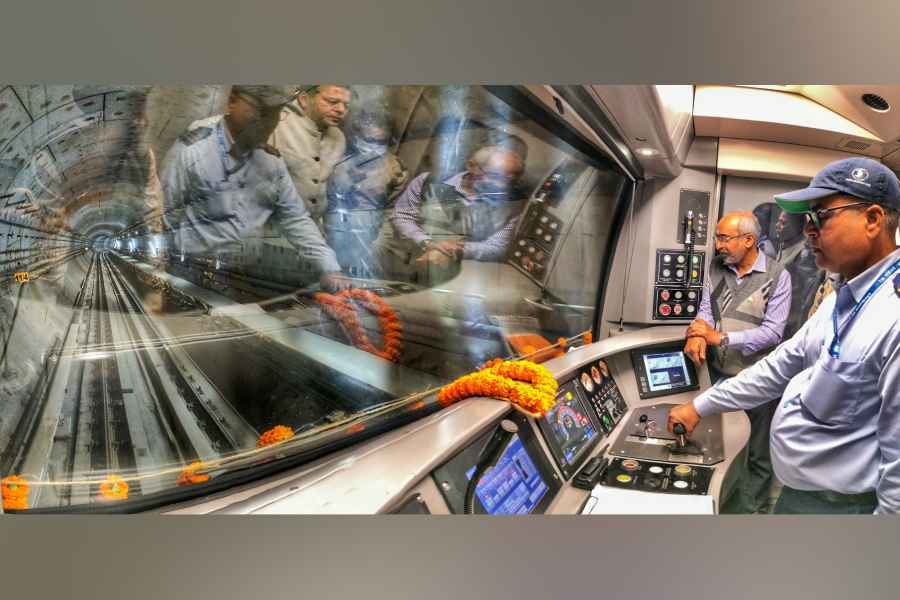The Supreme Court on Tuesday said that Uttar Pradesh government officials could face contempt charges if they went ahead with its plan of demolishing properties owned by alleged suspects in the recent communal violence in Bahraich.
The Yogi Adityanath government provided an oral assurance that it would refrain from taking any action until Wednesday when the court is scheduled to hear arguments from both sides.
“If they want to take the risk of flouting our orders, it is their choice,” Justice B.R. Gavai, heading a bench, sternly observed in response to a plea by senior advocate C.U. Singh seeking urgent listing of the applications filed by three suspects challenging the proposed demolitions of their properties by the Uttar Pradesh government following the Bahraich violence.
Justice Gavai was referring to the two orders passed by the court on September 17 and October 1 by which it had restrained authorities across the country from demolishing alleged illegal properties by bulldozers. Several BJP dispensations, especially that of Adityanath, have been accused of using the bulldozers against critics and the minorities.
The bench agreed to take up the matter for an urgent hearing on Wednesday upon a request made by Singh, who during the morning mentioning time pleaded that the properties could be demolished any moment. According to the senior counsel, the state authorities had issued notices to the petitioners asking them why their properties should not be demolished for alleged illegal constructions and encroachments. The notices were pasted on their properties on October 14.
Similar notices were issued to other suspects, some of whom had approached Allahabad High Court which had on Sunday asked the authorities to give 15 days to the occupants for their response. However, the present petitioners chose to approach the Supreme Court because of the earlier orders passed by it restraining any such action across the country.
Additional solicitor-general K.M. Natraj assured the court on Tuesday that the state will not take any action until Wednesday. The bench listed the matter for Wednesday.
On October 13, Bahraich district witnessed communal riots after criminals shot dead a man, Ram Gopal Mishra, during a Durga Puja procession passing by a mosque. The police arrested alleged suspects Mohd Talim and Mohd Sarfraz from the Nepal border after a brief encounter in which the duo suffered bullet injuries on their legs.
Madrasa relief
The Supreme Court on Tuesday said that the country was a “melting point of various cultures and civilisations” which should be preserved, adding that madrasas should be allowed to function in a regulated manner rather than being shut down. The court said closing the institutions would be like “throwing the baby out with the bathwater”.
A bench headed by Chief Justice of India D.Y. Chandrachud took the view that if madrasas are to be closed down merely for imparting religious education, then a similar yardstick can be applied to vedic pathshalas and monasteries imparting theological education.
The bench took the view that while madrasas can be allowed to function, they must be subject to regulation by states, otherwise unregulated institutions would proliferate.
“Religious instructions are not unique to Islam. Ultimately, we have to see it through the broad sweep of the country. Religious instructions are there not just for Muslims, it is there for Hindus, Sikhs, Christians and others. The country ought to be a melting point of different cultures, civilisations and religions,” CJI Chandrachud said.











